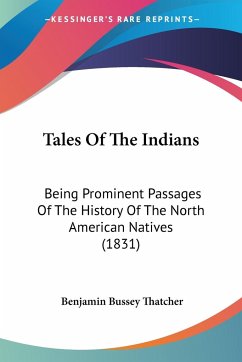Ephraim Fox was born in March 1822, in Knoxville, Kentucky near the end of the Cumberland Gap. His father, Nicholas, came to the Blue Grass state when he was seven years old, with his father Benjamin, the supposed son of William and Mary Fox, of the Virginia Fox's. In The Secrets of Benjamin Fox, much of the truth about the life of little-known colonial era pioneer Benjamin Fox is laid bare. Fallout from differences and alienation Benjamin's son Nicholas felt from his sister and step siblings, seem to have led him to leave Kentucky after Benjamin died, to settle in Missouri. The move toward the western edge of civilization made in 1843 was likely in preparation to strike out to Oregon. Nicholas, however, disappears from documents after 1844; assumed dead. His widow, Sara, had three half-grown sons and daughter still in their home, as well as two very young married daughters and her eldest son, Ephraim, who all lived on adjoining farms. Oregon fever spread through the established United States like a flash fire, a promise of land and a new beginning. It was likely a dream Nicholas Fox shared with his son Ephraim, who was unwilling to give it up when his father passed away. The Donation Land Act, passed and signed in December 1850 was the last push the eager young man needed to send he and his family walking out into an epic, unknown wilderness. Statistics indicate those who moved across the Oregon Trail were a great minority of the population of the Unites States, that ended abruptly at the Missouri River. Collectively the promise of land and a new beginning is seen as the greatest motivation for these people. While this may be true, there were so many more personal reasons people felt the risks were worth it, they cannot even be calculated. Ephraim Fox's motivation to move west had as much to do with what he was running toward, as it did with what he was running from. The Oregon Trail had been in use for a decade in 1852. While thousands had used it, few had improved its course. There were very few bridges or ferries across hundreds of streams spread across 2000 miles of trail whose way was marked mainly by the ruts of those who had come before them. The emigration of 1852 on the Oregon Trail dwarfed all previous and future years of migrations. In fact, it was due to the great number of pioneers of 1852 that the trail began to become tamed. Brother-in-law's, George and James Bunch were Ephraim's traveling partners. Whether intentional or not, the family soon found themselves at the leading edge of a string of wagons that stretched without end back to Missouri. When cholera began to kill those in the mass of humanity behind them, the way West became a death race. If ever there was an option to turn back, it was gone. Horseback riders confirmed rumors that wagons behind them were afflicted. It was clear as they traveled that cholera was being passed forward, getting closer. Ephraim Fox's experience coming West was anything but normal. It was not haphazardly planned, placing them in front of most pioneers that year. But when people began to die behind them, they had no choice but to push forward harder and faster. A compilation of pioneer journals, documents and relationships reconstruct the experiences Ephraim and his family shared along the isolated and dangerous trail of 1852. Ten thousand people walked across the continent in the summer of 1852. Ephraim Fox was among the first few hundred to make it there alive. This is his story.
Hinweis: Dieser Artikel kann nur an eine deutsche Lieferadresse ausgeliefert werden.
Hinweis: Dieser Artikel kann nur an eine deutsche Lieferadresse ausgeliefert werden.








